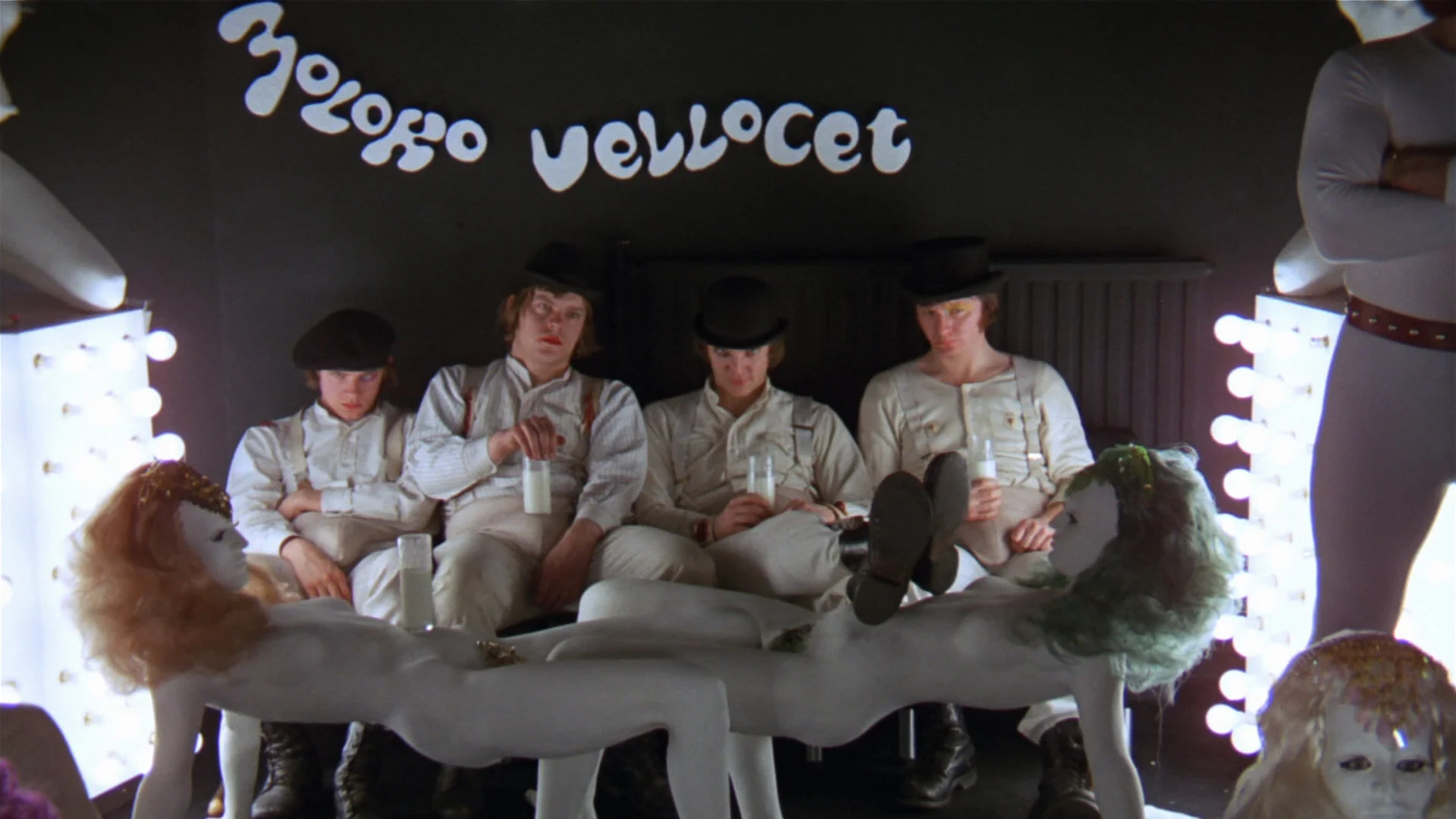GRADED 04 : RROSE
Taking stock of all the confusion and pandemonium we sat down with a rather calm and reflective Seth Horvitz to discuss the emergence of electronic sound and the moving pictures that have profoundly altered his sound design practices and shaped the inner-workings of his Rrose incarnation.
10 - Circle of Light [Delia Derbyshire & Elsa Stansfield]
I’ve been a fan of Delia Derbyshire’s work for decades. Her playful, experimental approach to manipulating tape and studio machinery at the BBC Radiophonic Workshop in the 1960’s was way ahead of its time. She is probably most famous for composing the theme for Doctor Who, but this lesser-known extended work is my personal favorite and full of the kind of subtlety and nuance that I strive for.
9 - Ghost Dog: The Way Of The Samurai [RZA]
I love how Jim Jarmusch incorporates both music and musicians into his films. I chose this film in particular because it demonstrates how carefully crafted beats can provide a backdrop for a film without being tightly synced to specific actions or emotions. Jarmusch’s heavy reliance on mood and the spacious, patient editing style of his films also allow the music to speak more clearly. In this case, it almost feels like the music is a character of its own. And the music stands up just as well without the film.
8 - Tetsuo: The Iron Man [Chu Ishikawa]
I can remember the first time I saw this film in the 90’s and the soundtrack just pummeled me in the best way possible. I was getting obsessed with “industrial” music at the time, and I loved the way Chu Ishikawa utilised propulsive, metallic sounds that perfectly encapsulate the sheer dystopian insanity and absurdity of this film.
7 - Chernobyl [Hildur Guðnadóttir]
Every detail of this score adds to the horror of the subject matter in this series, yet it never detracts or feels heavy-handed. I’ll never forget the guttural cello drones or the processed clattering of the radiation detectors turned into a musical texture. The combination of noise, space, and sparse melodic content is perfectly balanced. I’m always trying to embody paradoxes in my work, and it’s inspiring to hear a score that can be simultaneously beautiful and terrifying, sparse and stifling.
6 - Bladerunner [Vangelis]
I first saw this film as a child in the 80’s, long before I knew what an analog synthesizer was, but I can remember being captivated by the otherworldly sounds. Later, I learned about the arsenal of instruments at Vangelis’ disposal, and his improvisatory approach. I love the way the score is woven into the fabric of the film, incorporating both diegetic and non-diegetic sounds. The ethereal vibe transitions so smoothly into the dark and dystopian synth textures and reverberated field recordings. It all morphs together like a living entity.
5 - Solaris [Eduard Artemiev]
I’ve always been inspired by electronic instruments that use unconventional means to generate sound, so I was excited to learn that much of the eerie and claustrophobic score for this timeless classic was composed on the bizarre and ingenious Russian ANS synthesizer, which uses glass plates marked with images to generate sound. The recurring Chorale Prelude by Bach compliments the electronic score perfectly to create a deeply spiritual, existential journey that never feels contrived or predictable.
4 - A Clockwork Orange [Wendy Carlos]
The way that Wendy Carlos orchestrated Beethoven with analog synthesizers screams dystopia in a way that no one could have predicted. The themes are so essential to the characters and scenes, this film would be unthinkable without them. Credit Kubrick as well for being so involved in the editing process - same goes for 2001. There is also an unabridged score floating around with several wonderful pieces that were unused in the film. I am especially fond of Carlos’s use of non-standard tunings.
3 - 2001 [Stanley Kubrick & György Ligeti]
Kubrick’s musical selections for this film are unforgettably powerful. Each piece feels as if it were composed for the film. Everyone knows the main theme taken from Strauss's “Thus Spoke Zarathustra” but for me, the real highlights are the György Ligeti pieces which utilise his “micropolyphony” technique to create dense and slowly shifting sound masses. I use similar ideas in my own work, layering closely connected tones to create textures that evoke a singular entity. Interestingly, Ligeti was not happy to have his music connected to the film.
2 - Forbidden Planet [Louis & Bebe Baron]
The first fully electronic film soundtrack, absolutely essential listening. The Barons were way ahead of their time in their experiments with feedback and cybernetics. Although they were known as “popular” film composers, they mingled closely with the 1950s avant-garde in New York City. I love this kind of crossover, and I am heavily inspired by their idea of music as an organic life-form with its own behaviors rather than something that emerges directly from the emotions of the composer.
1 - Time Of The Wolf [Michael Haneke & Olivier Dô Hùu]
This film has no score or music at all, with the exception of a single Beethoven piece that plays diegetically from a little radio. Sometimes sound and silence carry more emotion than music, and when music does arise, it becomes exponentially more powerful.
Graded is a feature where we hold an intimate fireside session with one of our coveted artists and discover the films, the soundtracks and the cinematic scores that have inspired them and challenged their very thought process on filmic composition. The film scores selected may have proved poignant and aligned with emotional times in their development or conversely may have provided a catalyst for research into new techniques or technologies, either way the tracks and scores selected are inspirational, they are personal, they have helped forge a tailored approach to composition and are a vital component of our artists intrinsic direction in sound design.

















